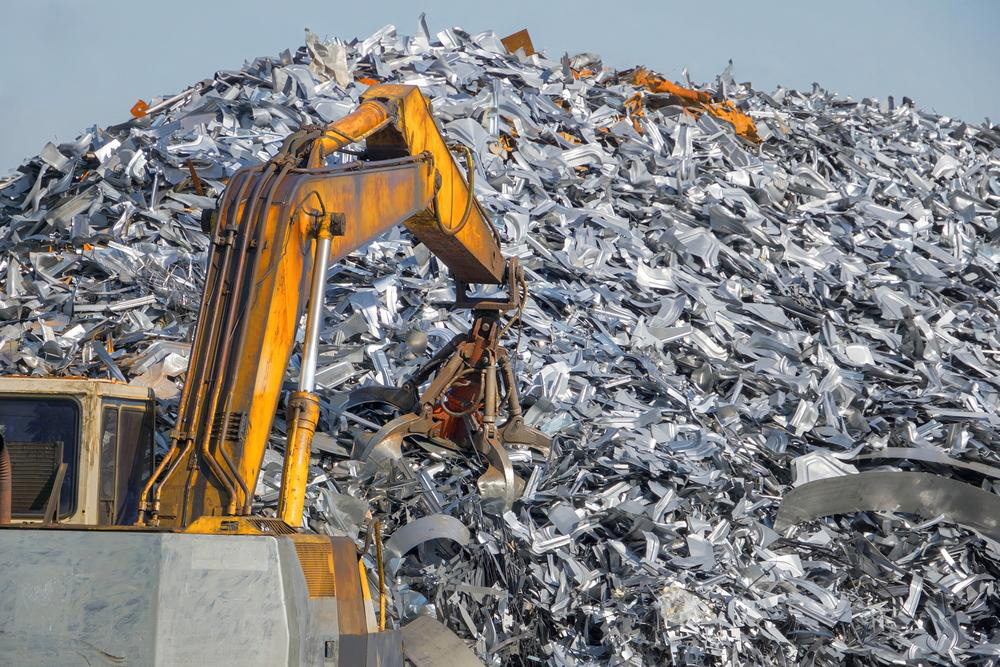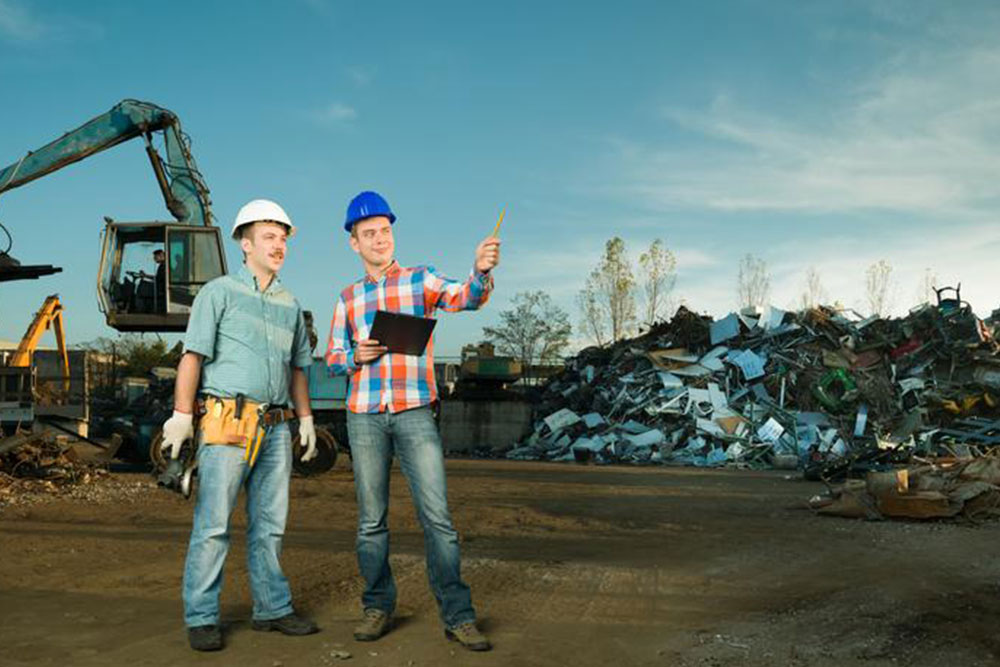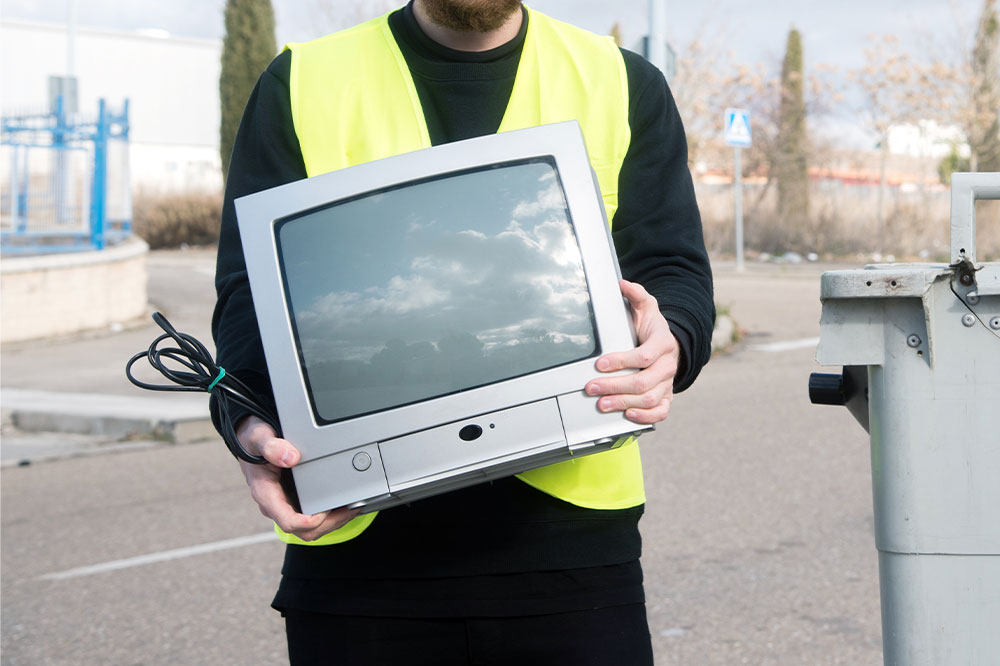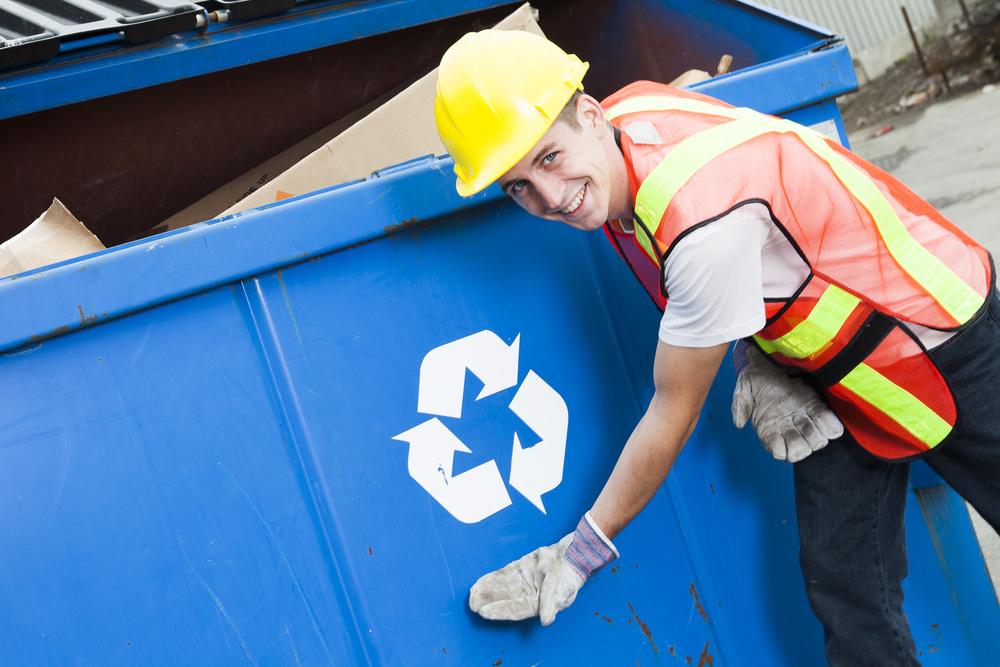Comprehensive Approaches to Waste Management and Recycling for a Sustainable Future
Effective waste management and recycling strategies are crucial for environmental sustainability. Proper disposal of hazardous, non-hazardous, biodegradable, and non-biodegradable waste, including e-waste, helps reduce pollution and conserve resources. Recycling transforms waste into useful materials, supporting a circular economy. Advanced technologies and policy support play key roles in modern waste handling, making waste management an essential component of sustainable development.

Innovative Waste Management and Recycling Strategies
Waste management is a critical aspect of environmental preservation and public health, focusing on the systematic collection, sorting, transportation, recycling, and final disposal of waste materials. Effective waste management practices not only help reduce pollution but also promote sustainability and resource efficiency. As urban areas expand and consumerism increases, understanding and implementing advanced waste handling techniques becomes essential for governments, industries, and individuals alike.
The Significance of Proper Waste Disposal
Waste can broadly be classified into various categories such as hazardous, non-hazardous, biodegradable, and non-biodegradable waste. Proper segregation at the source ensures tailored disposal methods that mitigate environmental hazards. Hazardous waste, including chemicals, medical refuse, or industrial byproducts, requires specialized treatment to prevent contamination of water, soil, and air. Non-degradable waste like plastics, metals, and certain synthetic materials can linger in ecosystems for decades, leading to severe ecological imbalances, wildlife endangerment, and health issues for humans.
Electronic waste, commonly known as e-waste, includes obsolete or broken electronic devices such as televisions, computers, smartphones, and household appliances. E-waste contains toxic substances like mercury, cadmium, lead, and brominated flame retardants, which can leach into soil and water if not disposed of properly. Managing e-waste responsibly involves collection at designated e-waste facilities, refurbishing, recycling, or secure disposal to prevent environmental and health hazards.
Recycling is one of the most sustainable solutions for waste management, transforming used materials into new products, raw materials, or energy sources. Recycling not only conserves natural resources by reducing the need for raw material extraction such as mining or logging but also decreases energy consumption and greenhouse gas emissions associated with manufacturing processes. Both small-scale community initiatives and large industrial operations benefit from effective recycling programs by promoting resource efficiency, reducing landfill volume, and supporting a circular economy.
Innovative waste management strategies incorporate technological advancements like waste-to-energy facilities, smart bins with sensors, and AI-driven sorting systems to enhance efficiency and accuracy. Public awareness campaigns and policy regulations play vital roles in encouraging responsible waste disposal habits among consumers and businesses. As the global population continues to grow, adopting integrated waste management frameworks becomes imperative for a healthier planet and sustainable development.




